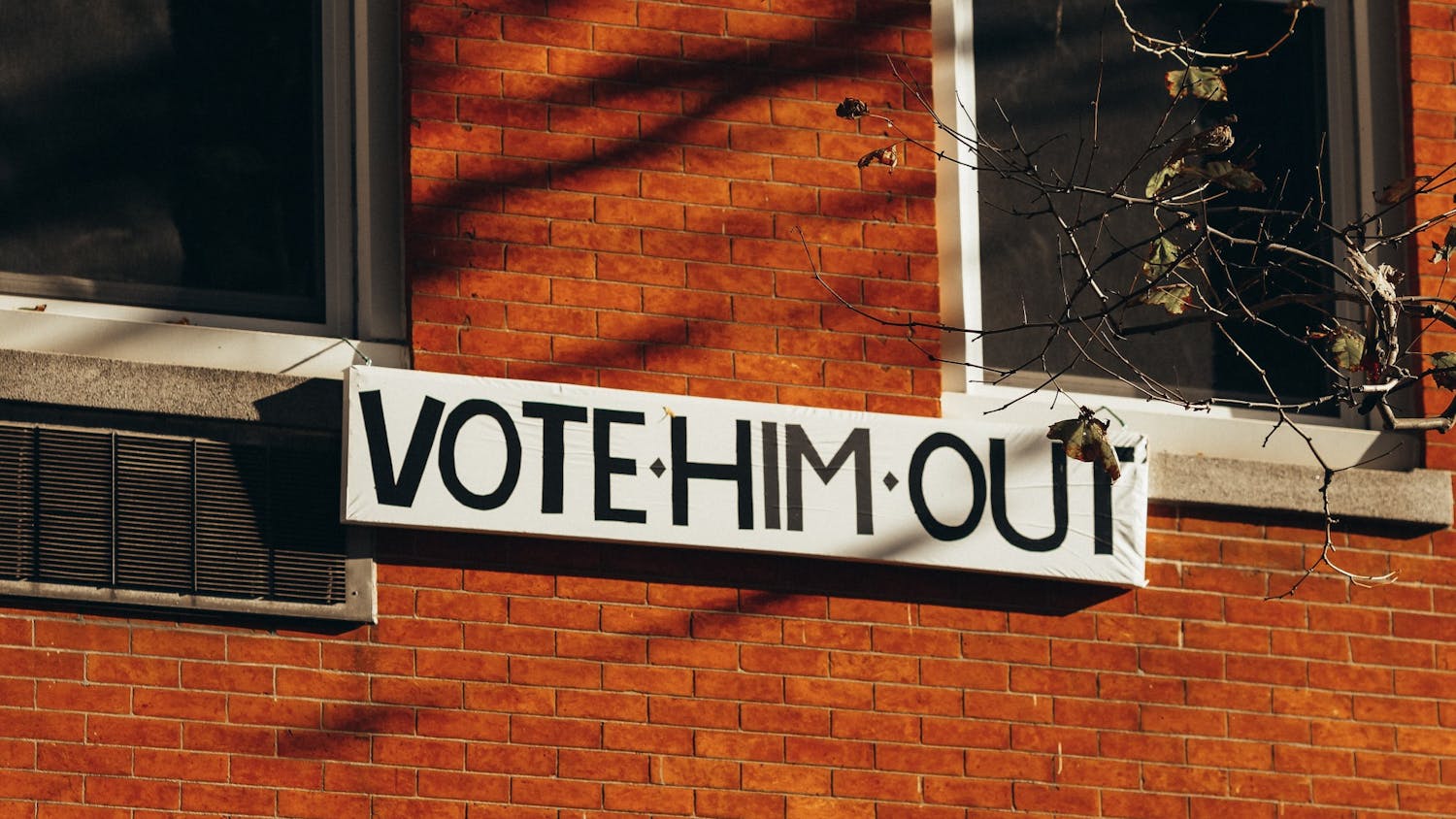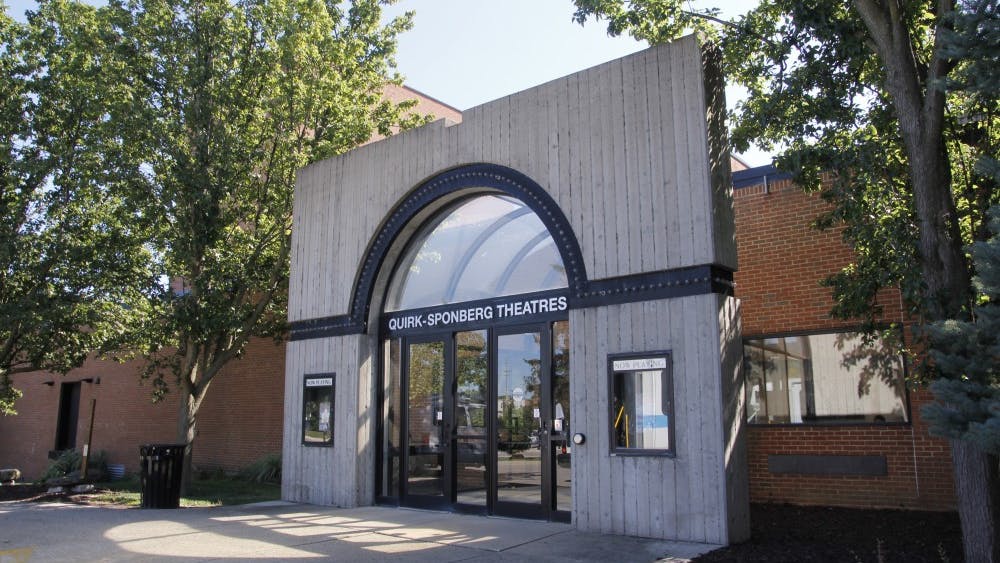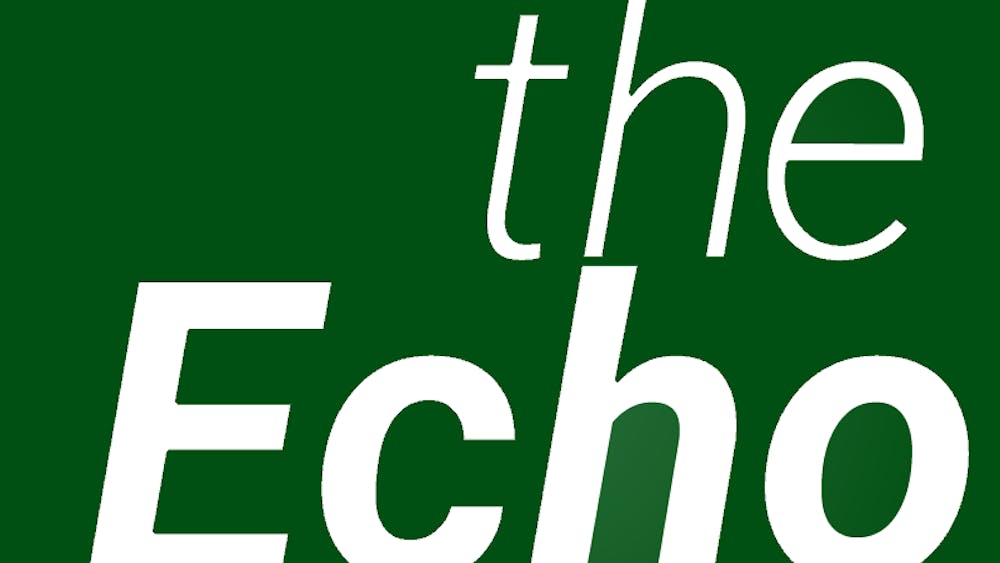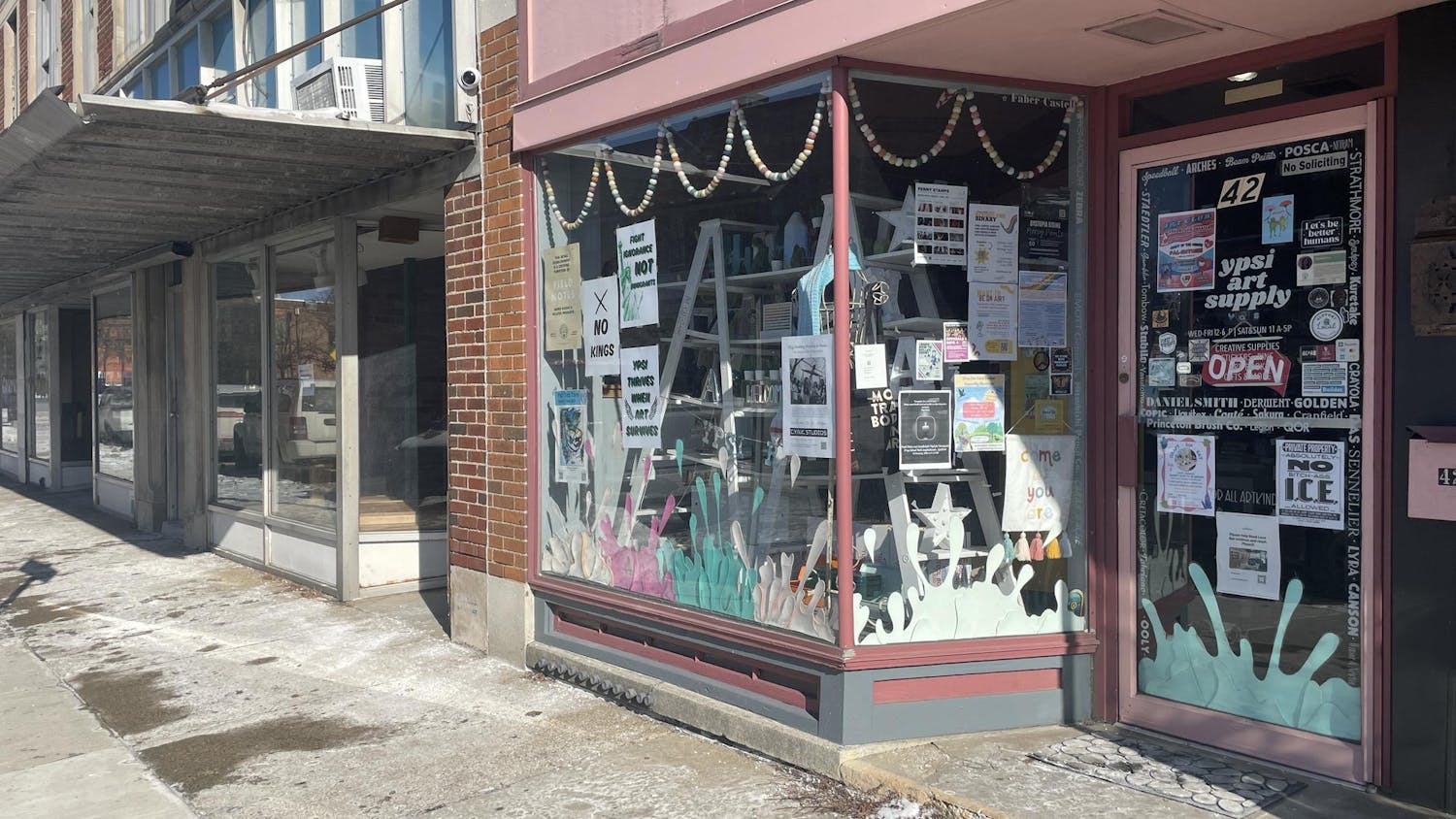During COVID-19, there have been blatant racial disparities among communities that are getting hit the hardest. Black, Hispanic, and Indigenous Americans pass away at about three times the rate white Americans pass from COVID-19. For some, statistics like these may be shocking, but for the people in those communities, this is only part of a larger problem in our country.
That overarching problem is the systemic racism in our institutions, which includes medicine and/or healthcare. To this day, racial biases or false racist myths can be found in the medical industry. People who will go on to treat patients have been taught these things--on top of any of their own potential biases. The choices made by medical professionals who believe these myths to be true directly affect the outcomes of other peoples’ health. Brushing off a patient’s symptoms, health concerns, or the consideration of environmental circumstances can greatly impact the patient. In some cases, it may mean life or death.
Along with this is less health insurance coverage, healthcare facilities in the area, and preventative care. These things have been present pre-pandemic, and COVID-19’s impact is no different. Because of the still segregated nature of our communities, we can see the mix of financial resources directly influence the distribution of care--the more money a community has, the better the health outcomes. With the lack of preventative care and following through on symptom concerns, people of color have higher rates of conditions like high blood pressure. And with things like COVID-19, those previous diagnoses put people at a higher risk factor. Connecting that to the racial wealth gap, we can see the many cogs in the machine at work within systemic racism in medicine.
This all spills over into the vaccination rollout. Better access to healthcare facilities and their services works the same way with vaccines. With less healthcare coverage, there can be less ability to have a nearby, in-network vaccination location. Alternatively, not having regular health insurance may cause someone to not have a Primary Care Provider, so finding a place to get the vaccine becomes difficult. Further, a busy schedule--as most American families live paycheck to paycheck--leaves people with less available time for an appointment compared to someone with enough money to not work as often (or, at all). Someone has to travel to said appointment, and because the U.S. lacks a robust public transportation system, it leaves too many with no way to get to a medical facility.
We cannot effectively move forward if we do not admit and reflect on the evils in America’s past. It is not a pretty history, but our country will not overcome these issues if we don’t have an honest discussion on what happened, and put the needed action in place.
There are a variety of stories of medical racism. The Tuskegee “experiment” took place in 1932, where 600 Black men were enrolled into a treatment program for syphilis--except that treatment was never administered and their symptoms were left to progress. This didn’t just affect the men in the study, but their partners and children as well.
Another instance is of Henrietta Lacks, a 31 year old Black woman with cervical cancer who’s cancerous cells were taken and repeatedly used in studies without her consent--while her cancer persisted. These cells, HeLa cells, are still used in cancer studies to this day. Her family had to fight for many years to get some semblance of justice and recognition of her story.
Sterilization of women of color has happened many times in America’s history. The most recent event of this are the accusations in 2020 of Latina women in detention centers that were forcibly given hysterectomies. This is especially important to understand as the worry that the vaccine will somehow cause sterilization (which no studies have shown) is a worry amongst those who may be looking to get pregnant in the coming years, but for women of color there is a history that gives them the need to proceed with caution to protect themselves.
A problem arising in trying to get the vaccine to more people of color is that quite a lot of data on the initial vaccinations in the U.S. that did not keep track of race in their proceedings. It is hard to effectively treat a problem if you do not know its full scope. We can do what we can now with the information we currently have, but we have to be truthful in that many people in these communities would still have to undergo those conditions under the current circumstances.
What we need first is to be collecting this information all across the country. We need to be going to the people to give them the vaccine, not the other way around. A possible version of an equitable vaccine rollout would have vaccination sites in every community with public transport specifically for that purpose. And down the line, build more community health centers and implement universal healthcare.
The way COVID-19 has impacted the U.S.—and who it has impacted—is the systemic impacts of racism in action. The truth of the matter is, the communities that suffered the greatest losses are not being vaccinated enough, and that has to change.










